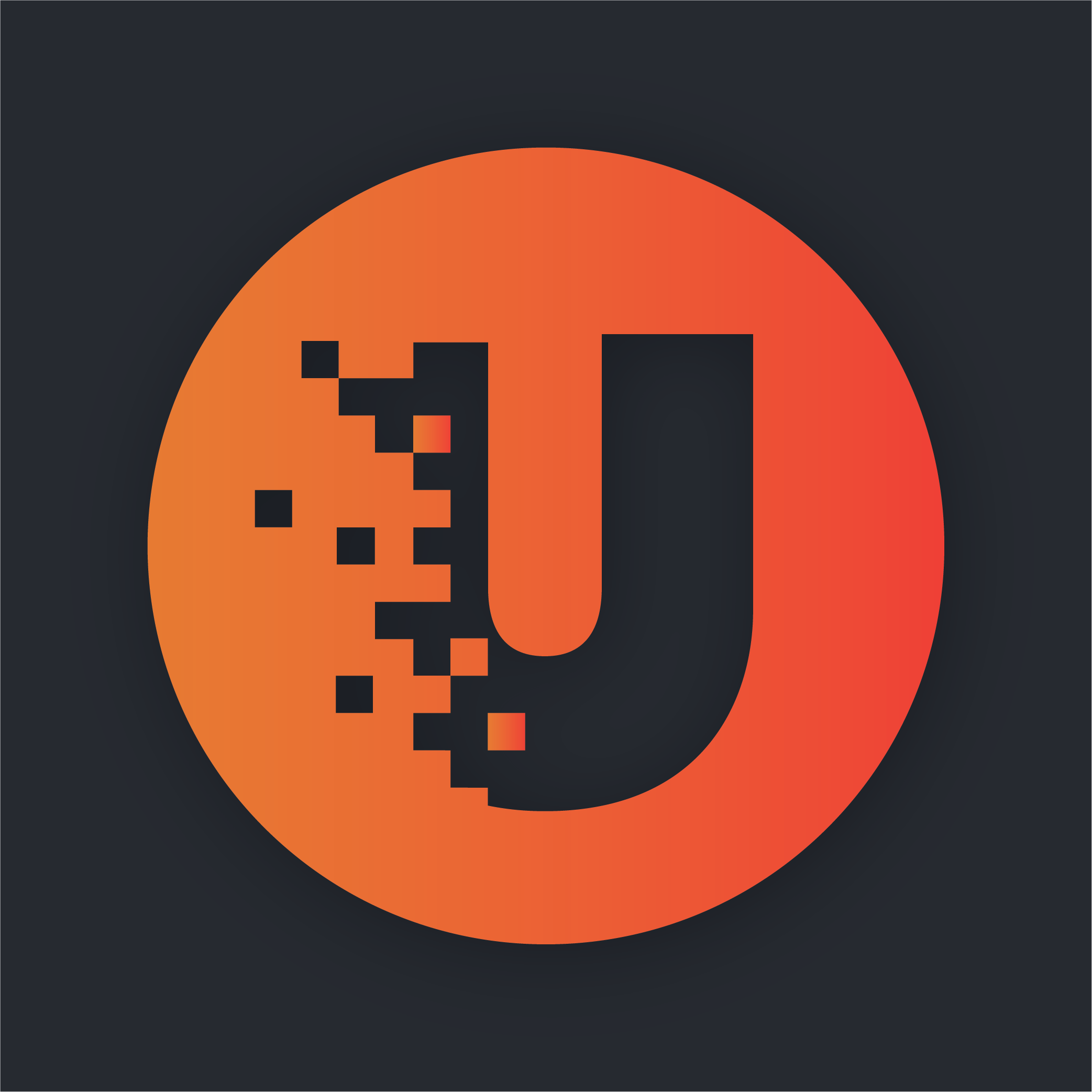
A virtual operating system and app gateway called nOS has officially launched its first testnet. This release will allow app creators to deploy their NEO dApps to the platform. If nOS suceeds in attracting developers, it could provide a tightly integrated and reliable dApp experience for many users.
Features for NEO Users
NEO itself is capable of running decentralized applications, but nOS expands on this capability by providing a fully unified app environment. This means that nOS offers several essential tools in one place, thereby serving as a virtual operating system with a familiar interface.
The core user-oriented feature of nOS is the dApp Gateway, which basically functions as an app store. nOS also includes a web browser, a wallet, an exchange, and various other features that can interact directly with decentralized applications.
Most importantly, nOS is fully decentralized, meaning that apps are not subject to interference. For example, apps in the platform’s dApp Gateway are ranked democratically according to votes, and there are no sponsored apps with artificially high rankings. Because nOS is decentralized and transparent, this can be verified by users.
Suggested Reading : Interested in buying NEO? Here’s how.
Open to Developers
The nOS project originated earlier this year with a pre-sale that took place in July. By August, nOS had accumulated 60 proof-of-concept apps, which were created by a limited number of community developers. The platform’s first apps included a voting platform, a forum service, and a betting tool. These apps can still be accessed through the showcase on nOS’s official site.
Now, with the launch of the nOS testnet, nOS is inviting other developers to publish their apps to the platform. Developers must submit their applications according to a procedure outlined in a Medium post. Once they are approved, developers will be given a nos:// domain name, which they can use as an address for a dApp.
Extra Decentralization
As noted, nOS and its apps are fully decentralized. This is not usually the case: generally, dApps are hosted on centralized websites and rely on browser extensions that are distributed in browser app stores. This approach introduces a number of potential distribution and access problems: for example, websites can be taken down and wallet extensions can be delisted.
By contrast, nOS ensures that users are consistently able to access decentralized apps via its own open filesystem, web protocol, browser, and client. Other projects, such as LiquidEOS’s dApp Network, have made similar attempts to provide a fully decentralized dApp portal, and this trend may continue in the future.

Unhashed.com is author of this content, TheBitcoinNews.com is is not responsible for the content of external sites.
Our Social Networks: Facebook Instagram Pinterest Reddit Telegram Twitter Youtube











